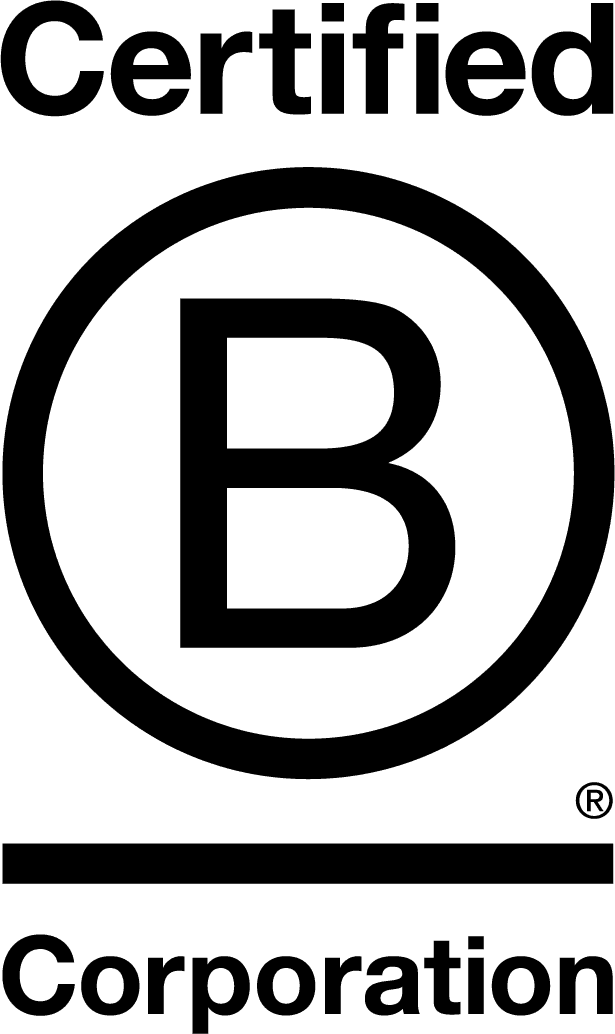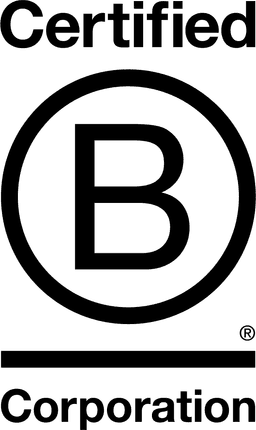

Novoda

London Borough of Hackney, United Kingdom
October 2023
Software publishing and SaaS platforms
Service with Minor Environmental Footprint
Germany,
Spain,
United Kingdom
Novoda isn't your typical mobile engineering company; it's a purpose-led, intentionally small and exceptionally skilled consultancy. Their mission is clear: to help organisations, big and small, excel in the mobile world. For over a decade and a half, Novoda has been a driving force in high-value mobile software, refining a model that blends affordability with quality. Novoda position themselves as strategic partners, as well as driving development. Advising on mobile strategy, supporting critical decisions, and collaborating closely with client teams, their goal is to craft successful strategies and embed talented Mobile Product Engineers for envisioned outcomes. Their diverse client portfolio, from startups like The Body Coach, to established brands like Channel 4, attests to Novoda's commitment to excellence. Trust is earned by guiding innovative startups through product launches and empowering established brands to maximise mobile investments. Novoda's purpose goes beyond business success; it's about being a force for digital good. Passionate about positive impact through technology, they attract experienced problem solvers. Join Novoda on their journey to inspire, innovate, and make a difference in the digital landscape.
Overall B Impact Score
Governance 19.2
Governance evaluates a company's overall mission, engagement around its social/environmental impact, ethics, and transparency. This section also evaluates the ability of a company to protect their mission and formally consider stakeholders in decision making through their corporate structure (e.g. benefit corporation) or corporate governing documents.
What is this? A company with an Impact Business Model is intentionally designed to create a specific positive outcome for one of its stakeholders - such as workers, community, environment, or customers.
Workers 35.2
Workers evaluates a company’s contributions to its employees’ financial security, health & safety, wellness, career development, and engagement & satisfaction. In addition, this section recognizes business models designed to benefit workers, such as companies that are at least 40% owned by non-executive employees and those that have workforce development programs to support individuals with barriers to employment.
Community 15.6
Community evaluates a company’s engagement with and impact on the communities in which it operates, hires from, and sources from. Topics include diversity, equity & inclusion, economic impact, civic engagement, charitable giving, and supply chain management. In addition, this section recognizes business models that are designed to address specific community-oriented problems, such as poverty alleviation through fair trade sourcing or distribution via microenterprises, producer cooperative models, locally focused economic development, and formal charitable giving commitments.
Environment 10.2
Environment evaluates a company’s overall environmental management practices as well as its impact on the air, climate, water, land, and biodiversity. This includes the direct impact of a company’s operations and, when applicable its supply chain and distribution channels. This section also recognizes companies with environmentally innovative production processes and those that sell products or services that have a positive environmental impact. Some examples might include products and services that create renewable energy, reduce consumption or waste, conserve land or wildlife, provide less toxic alternatives to the market, or educate people about environmental problems.
Customers 4.2
Customers evaluates a company’s stewardship of its customers through the quality of its products and services, ethical marketing, data privacy and security, and feedback channels. In addition, this section recognizes products or services that are designed to address a particular social problem for or through its customers, such as health or educational products, arts & media products, serving underserved customers/clients, and services that improve the social impact of other businesses or organizations.